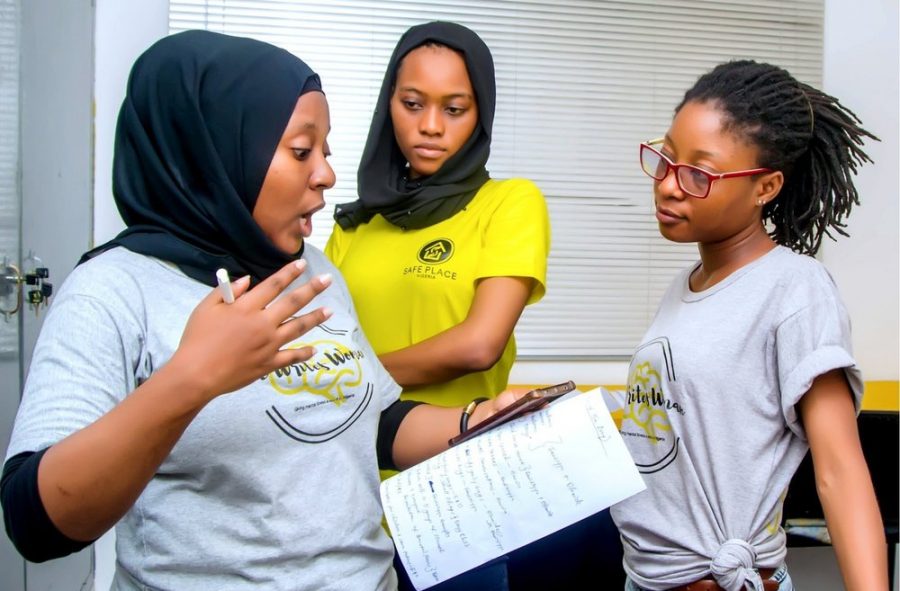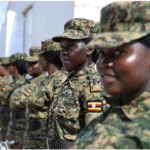When news broke of a 30-year-old in Dutse Local Government Area that hanged herself on a tree, the Jigawa community was gripped with shock.
Police reports indicated that the mother of four had been struggling with mental illness.
Yet the report highlights the general negligence towards the declining mental health of rural women.
Around 15,000 suicides are reported in Nigeria each year. Because of the stigma surrounding suicide, experts think the real figures are likely higher.
What makes this crisis even more alarming is that many of these suicides could have been prevented with timely access to medical care and emotional support.
A crisis shrouded in silence
Mental illness remains deeply misunderstood in the majority of communities. In rural Jigawa, as in much of northern Nigeria, psychosis or depression is more likely to be dismissed as spiritual weakness or affliction rather than as illness.
Instead of seeking professional care, families rely on traditional healing centres and prayer houses.
Though critical, awareness campaigns are not enough. There are structural gaps.
Nigeria has fewer than 300 psychiatrists for more than 200 million people. Most of these are concentrated in major cities like Lagos and Abuja. This disparity leaves residents in rural areas vulnerable.
Community and digital interventions
Amidst these shortcomings, a quiet movement is gathering pace all over Nigeria to tackle mental health at the grass-roots level.
One such initiative is the Mentally Aware Nigeria Initiative, or MANI, which runs 24-hour crisis helplines and WhatsApp counselling services.
Since inception, MANI has reached over 40,000 people, mostly aged between 10 and 25 through digital counselling and awareness campaigns, offering safe spaces for young Nigerians to talk about depression and suicidal thoughts without judgment.
In the North, She Writes Woman, founded by Hauwa Ojeifo, runs community “safe hubs” where they provide free therapy, especially for females with trauma and postpartum depression.
Religious and traditional leaders are also being sensitised. Through partnerships with groups like NEEM Foundation, imams and community leaders are being taught to incorporate mental health messages into sermons, helping to shift cultural perceptions that mental illness equals weakness or sin.
It’ll take more than policy to prevent further tragedies; it will require community vigilance and compassion.
Suicide is always a cry for help, for families to listen, neighbours to visit, and community health systems to intervene early.
Radio campaigns in local languages in local communities could also make mental health issues familiar, especially in rural communities with limited literacy.
And the expansion of digital therapy platforms, such as MyTherapist and HealthConnect24x7 can bridge the rural-urban care deficit.
Lingering barriers
Though encouraging, the progress is patchy. Mental health remains poorly funded, receiving less than 4% of Nigeria’s total health budget and therapy sessions cost between ₦10,000 and ₦30,000 per hour in private facilities, making them inaccessible to most low-income families.
Moreover, many Nigerians still fear that admitting to mental distress could lead to job loss, marital stigma, or social isolation. In rural areas, mental illness is often hidden until it becomes too late to help.
The Jigawa suicide report is a sorrowful reminder that mental illness is no longer something that must be left to silence or stigma. It is also a moment of potential—if families, faith leaders, and authorities respond differently.
Because behind every statistic is a life that might still be saved if only someone cared to ask, “Are you okay?”
Summary not available at this time.






